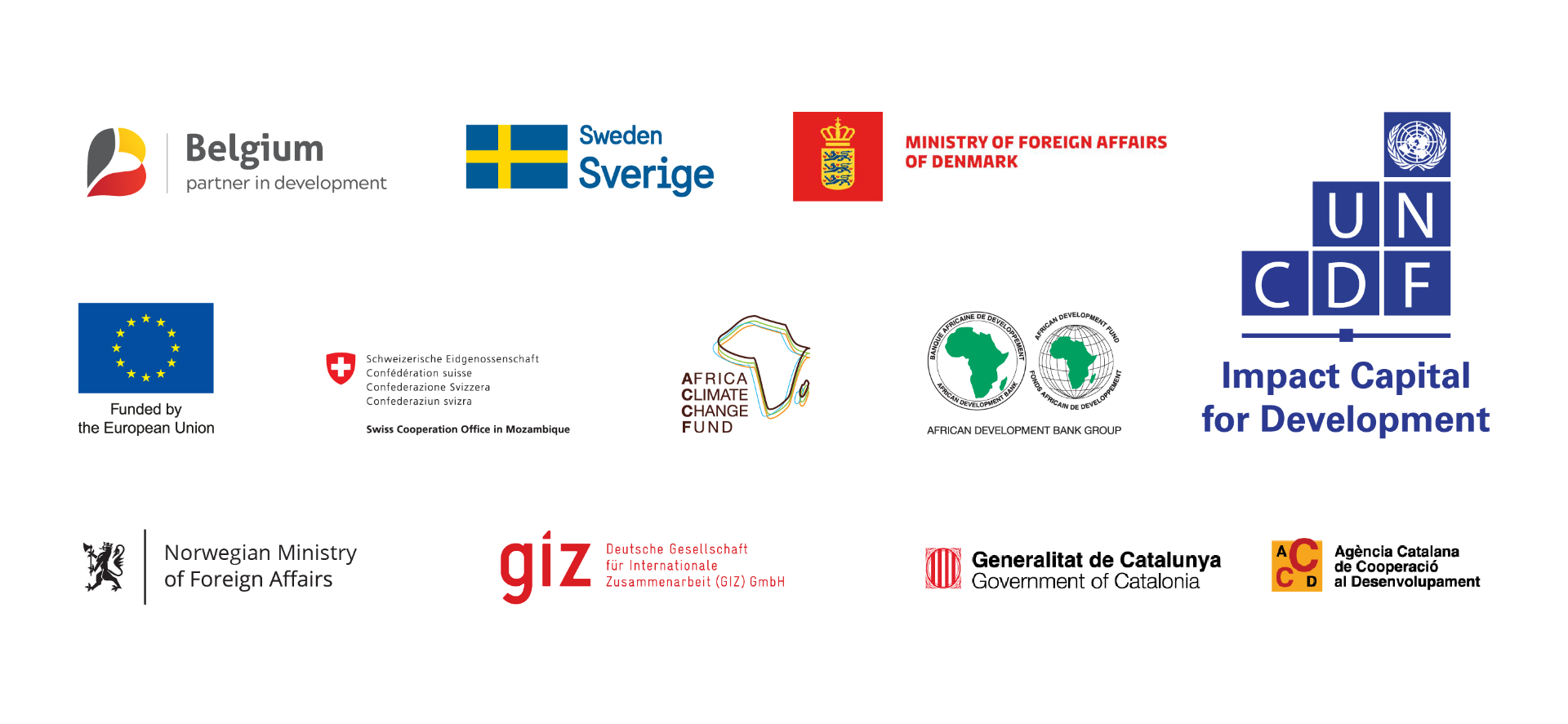Queen Mathilde of Belgium sees impact of targeted climate investments first hand in Bangladesh
Tags
 Her Majesty the Queen of Belgium and the UN Secretary General’s Sustainable Development Goals (SDG) advocate, today made a special visit to the community of Sutarkhali, which is implementing climate adaptation solutions with support from the UN Capital Development Fund (UNCDF) — the UN’s catalytic finance entity for the world’s 46 least developed countries.
Her Majesty the Queen of Belgium and the UN Secretary General’s Sustainable Development Goals (SDG) advocate, today made a special visit to the community of Sutarkhali, which is implementing climate adaptation solutions with support from the UN Capital Development Fund (UNCDF) — the UN’s catalytic finance entity for the world’s 46 least developed countries.

Queen Mathilde met with residents and learned how water treatment facilities delivered through the Local Government Initiative on Climate Change (LoGIC)-- a multi-donor collaborative initiative funded by the Swedish International Development Cooperation agency (Sida) and the European Union, with inputs from UNCDF and the UN Development Programme (UNDP)—are building community resilience to the impacts of climate change while positively impacting the lives of residents, especially women and the most vulnerable.
Residents showed Queen Mathilde a treatment facility that cleans and removes excess salt from water to make it drinkable. Salination of local water supplies is a growing problem in Sutarkhali Union and other parts of the low-lying delta regions of Bangladesh as rising sea levels, shock floods and cyclone events are increasingly contaminating soil and traditional ponds used for domestic water consumption with seawater.

As a result of the investment in a water treatment facility, Sutarkhali Union residents have access to year-round clean water at a restricted cost of US 5 cents for 10 litres of water. During times of extreme difficulty, as when cyclones Amphan and Yaas hit in 2020 and 2021 respectively, the local government provided water free of charge to the entire community. A cyclone shelter adjacent to the water facility also provides free water to those sheltering during emergencies.
"I am happy to find that women beneficiaries of the plant are using time saved for children's education, income generating activities, and other family cores. Previously they had to spend lot of time in fetching safe water from far away places”, said Queen Mathilde, who is one of 17 eminent world figures appointed by the UN Secretary General to advocate and mobilise for action on the globally agreed Sustainable Development Goals by their 2030 target.
The treatment facility in Sutarkhali Union supplies some 1,600 people with clean drinking water and is part of a series of climate resilience-building interventions from the Local Government Initiative on Climate Change (LoGIC). LoGIC uses ISO standard Performance Based Resilience Grants developed by the Local Climate Adaptive Living Facility (LoCAL) to channel additional resources to local governments for locally identified projects that build community resilience to the impacts of climate change, while offering technical support and capacity building. To date, 34 countries across Africa, Asia, the Pacific and Caribbean are designing or taking action on adaptation with LoCAL.

“We were very proud that our activities in Sutarkhali Union were selected to be part of this visit by Queen Mathilde and grateful for the spotlight being thrown on this important issue,” said Jesmul Hasan, Programme Specialist and Country Focal Point for UNCDF in Bangladesh, one of the world’s 46 least developed countries and highly susceptible to the impacts of climate change. “Access to clean drinking water is a basic need and the climate crisis is making it ever more difficult to deliver on this necessity in Bangladesh.”
The Government of Bangladesh has identified water salinity as an increasing environmental and public health concern in the southwestern part of the country. Salinity in water is damaging biodiversity, crop production and human health with studies making a direct link with health conditions like hypertension and the potentially fatal pregnancy condition of pre-eclampsia, as well as skin diseases, acute respiratory infection, diarrhoea and transmission of mosquito-borne illness.

In the last three years, LoGIC has supported local governments in Koyra District and Dacope District, where Sutarkhali is located, to implement 51 drinking water-related schemes. Investments were identified following consultations with local communities and were paid for through LoCAL Performance Based Climate Resilience Grants, providing 97,000 climate vulnerable people with access to safe drinking water. Nationwide, LoGIC has provided climate resilient investments and solutions that have benefitted over 1.38 million Bangladeshis, most of whom have been women.
UNCDF, which co-implements LoGIC, fulfils its unique capital mandate by complementing traditional grant-making and technical assistance with an increased and mainstreamed use of financing capabilities and instruments, including loans, guarantees and blended finance funds across areas of technical expertise.
Find out more about LoGIC here
Find out more about LoCAL here
LoCAL: a global mechanism and ISO registered standard
Financing locally led adaptation
The LoCAL facility provides technical assistance and tools for the LDCs to access global climate funds. LoCAL is recognised as a global ISO standard and mechanism for financing local adaptation to climate change using the Performance-based climate resilience grants tools designed and tested by UNCDF.
Thanks to the support of our partners:








